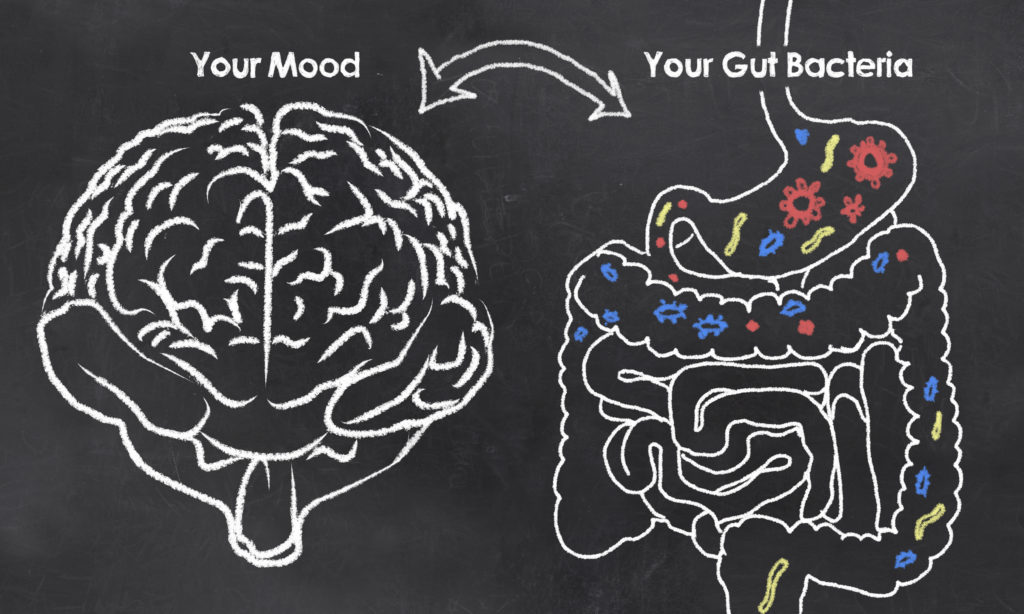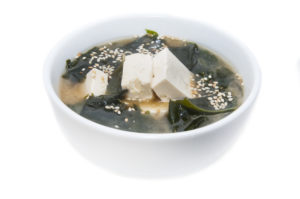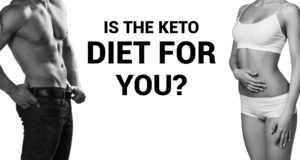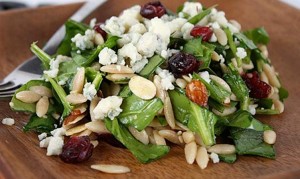Anxious or depressed? The answer may be in your gut.
Are you struggling with depression? Have you been feeling defeated and every treatment you explore is a dead-end road? Trust me—you’re not alone. The struggle is real and new research shows a direct correlation to your gut health and your anxious or depressed mood.
Did you know that your “gut” is called your second brain? I’m sure you’ve experienced a “gut feeling” or intuition about a situation. Or maybe you’ve had the feeling of butterflies in your stomach before standing up to give a speech. Your gut communicates directly with your brain, and the two have a very intimate relationship with one another.
Your gut is the only organ that has its very own nervous system, the enteric nervous system, which consists of over 100 million neurons embedded in the walls of your gut from your esophagus through your digestive tract to your rectum. These neurons transmit signals to your brain from your digestive tract.

Serotonin, the brain’s neurotransmitter, positively affects your mood, memory, and how you think and feel. According to the American Psychological Association, 95% of serotonin is produced by gut bacteria located in your digestive tract, which communicate directly with your brain and influence serotonin levels. So, if you’re suffering from digestive issues, you can surely see how that can affect your brain’s function as it relates to your overall mood.
You may have heard gut bacteria play an important role in your health, but few realize how complex and crucial this bacteria is to your overall well-being. We have more bacteria in our gut than we have cells in our body. Think about it like this: There’s an entire city of microorganisms that live in our digestive tract called our gut microbiome. An average person may carry up to 4.5 pounds of microbes in their digestive tract. These microorganisms literally have their own ecosystem, where the good bacteria and bad bacteria are constantly fighting to stay in balance. If the bad bacteria begin to take over, an array of digestive issues such as IBS will start to occur.
Scientists from the Farncombe Family Digestive Health Research Institute at McMaster University have discovered that intestinal bacteria play an important role in causing anxiety and depression. There is a true gut-brain connection.
The gut microbiome is influenced by the food we eat and the environment around us. It makes sense, then, that certain foods can have a positive impact and encourage the presence of good bacteria. One of the most beneficial types of food we can eat to heal our gut is fermented foods—foods that have been exposed to bacteria and yeast, and have begun to break down. (Think sauerkraut, kimchi, miso soup, kefir, and pickles.) Fermented foods were abundant in the diet of our ancestors and have been consumed for over 5,000 years. Before we had refrigeration, fermenting foods was just a way of life. Fermenting foods literally takes minutes to prepare, typically using salt water, and in some cases a starter culture to expose the food to bacteria.

Miso soup

Kimchi (korean)
Fermented foods will give you more strains and units of bacteria than a supplement ever will. Dr. McBride tested fermented vegetables and found that her vegetables had trillions of probiotic units and over 30 different strains, which means her one serving of fermented vegetables is equivalent to an entire bottle of probiotics.
Fermenting food isn’t for everyone, though—so in that case I would highly recommend taking a probiotic supplement. Look for a supplement that has 10 to 30 different strains of bacteria and has a CFU count of 15 to 100 billion.
The next time you are feeling depressed or anxious, remember—it may be coming from your gut. Try eating some fermented foods or taking a probiotic supplement to gain the incredible brain health benefits.
Related Posts
One Response to Anxious or Depressed? The Answer May Be Here!
Leave a Reply
You must be logged in to post a comment.
« New Trends in The Hottest Rides for 2017! Buying an Engagement Ring: A Field Guide for the Modern Man »















[…] READ MORE […]